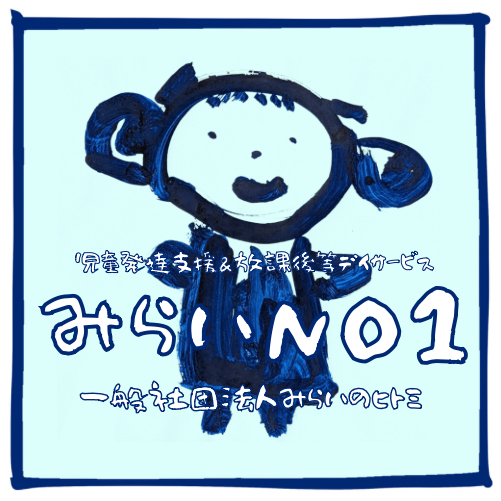Abstract
Gender-centered structural energy and you may heterosexual dependency generate ambivalent gender ideologies, having aggression and you will benevolence alone framing romantic-relationship ideals. This new cousin significance of romanticized benevolent instead of a lot more overtly electricity-dependent intense sexism, not, may be culturally oriented. Comparison that it, northeast You (N=311) and you may main Chinese (N=290) undergraduates rated prescriptions and you will proscriptions (ideals) for people and you may complete Ambivalent Sexism and Ambivalence on Men Inventories (ideologies). Numerous regressions analyses presented towards class-specific matchmaking ideals showed that benevolent ideologies predict spouse ideals, in places, especially for You culture’s love-situated matchmaking. Hostile attitudes predicted men’s room ideals, one another Western and you will Chinese, suggesting one another societies’ principal-spouse virtue.
Inclusion
At first glance, sexism and you will close relationships don’t intersectmon sense determines you to winning heterosexual matchmaking is actually suffused with love and you will compassionate, not sexism. The current lookup faces this expectation by the investigating just how sexism perhaps not just affects romantic relationship, it is built-in so you can venerated and you will subjectively confident social ideals on the ideal partner. In accordance with other sexism concepts, ambivalent sexism concept (AST; Glick & Fiske, 1996; 1997; 1999) posits that women often deal with overt and you will unfriendly prejudices (such as hostility on the ladies who undertake nontraditional positions), and also you to dudes face reflected hostility, the fresh anger directed towards those with deeper energy. Aggressive attitudes represent blatant and you may antagonistic initiatives within affecting just who men and you can women people is “said to be.” On top of that, not, ambivalent sexism posits you to definitely heterosexual interdependence creates subjectively benevolent, yet still sexist, justifications to possess gender inequality. This type of benevolent attitudes, hence idealize female once the nurturing subordinates and dudes given that assertive business, show the fresh “delicate strength” somebody used to handle the lover.
AST signifies that violence and you will benevolence work together, strengthening gender inequality, in people’s most individual dating. This study uniquely examines sexism for genders’ relationship ideals inside the an identical studies. AST signifies that benevolent gender attitudes exert insidious has an effect on where some one the very least think, particularly, in the close dating, impacting one another men’s and women’s mate beliefs on account of heterosexuals’ shared interdependence. Having said that, hostile ideologies, more nakedly pertaining to energy, can get ply more out of a-one-means influence during the intimate matchmaking of the shaping the new culturally stronger (male) partner’s criteria into “ideal” (female) partner. Today’s search and additionally investigated exactly how these personality anywhere between gender ideologies and you will relationship ideals manifest in two cultures, you to described as beliefs into the love, while the most other described as (a great deal more overt) gender inequality.
Ambivalent Sexism
Ambivalent sexism has its own roots in patriarchal, social structural manage. So it strength imbalance-guys hold premium status also provider commitments-also (a) gender-character distinction along stereotypic qualities and you will department out-of work too because the (b) partners’ legitimate desire for closeness, creates a different consolidation one to breeds ambivalent (yet , highly coordinated) aggressive and you can benevolent gender ideologies. The ambivalent blend of violence and you can benevolence targets both genders. Next, such aggressive and you will benevolent ideologies per encompass about three components of male-feminine relations: stamina, gender jobs, and you will heterosexuality.
Brand new Ambivalent Sexism Directory (ASI: Glick & Fiske, 1996; 1997) analyzes intense (HS) and you can benevolent (BS) perceptions for the feminine. HS endorses dominative paternalism, aggressive gender-role differentiation, and you may combative heterosexuality, whereas BS endorses protective paternalism, complementary gender-character differentiation, and romanticized heterosexuality. HS will discipline women who problem men dominance, if you are BS reinforces that popularity because of the assigning women positive however, reduced-standing, communal qualities (age.g., pure, caring), hence line-up with restrictive, under positions (age.grams., homemaker).
New Ambivalence into Men Inventory (AMI: Glick & Fiske, 1999) analyzes aggressive (HM) and you may benevolent (BM) attitudes on men. HM involves bitterness out of paternalism, out-of men’s room highest position inside society, as well as male aggressiveness; though HM thereby portrays dudes quicker certainly than simply women, they reinforces watching guys once the possessing qualities for the updates and you will social dominance. BM, on top of that, expresses thinking contrary within the valence: They understands and admires men’s room highest standing and you can welcomes complementary gender spots (e.grams., protector), but meanwhile viewpoints guys since lacking from Marokanski Еѕene koje datiraju inside the positions generally assumed of the female (age.g., once the helpless locally).
